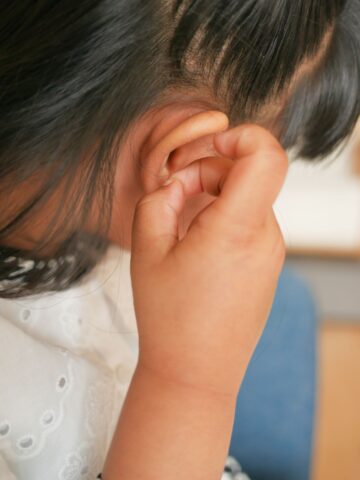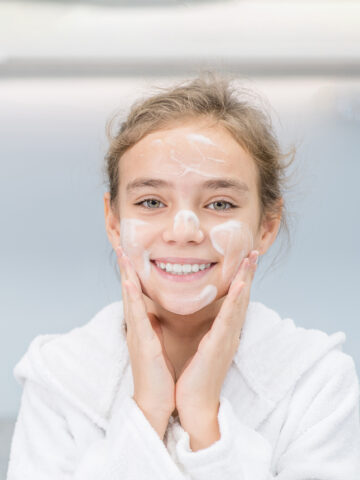How to Keep Your Kids Safe in the Pool and in Open Water
By Justin Pick, pediatric resident at CHOC
Living in Southern California affords us some of the best weather in the world, with year-round access to beaches, pools, and hot tubs. However, these privileges come with risk.
Above all, it is most important to learn how to swim by finding a swim class nearest to your home.
Pool Safety
Remind your teen about the importance of swimming in a pool with an on-duty lifeguard who is adequately trained in CPR.
- CPR training for all teenagers and caregivers is important in the event of an emergency. Locations for training include: hospitals, The Red Cross, YMCA, YWCA
- Avoid running around the wet edges of pools to avoid falls with severe head injuries.
- Drink plenty of fluids because people often do not realize how much they are sweating, even when temperatures have dipped after summer months. On a typical day, kids should drink the number of 8 oz. cups of water equal to their age. For example, a five-year-old should drink five 8-oz. glasses of water every day.
- Consistently reapply sunscreen since the sand and ocean can act to concentrate the rays of the sun. Everyone should wear sunscreen whenever they’re outdoors, all year long.
- Always have access to a phone with cell reception to dial 9-1-1 in the event of an emergency.
Open Water Safety
Never swim alone in the ocean! Even good swimmers need buddies.
- Know your swimming ability and do not try to swim in deep water (where your feet are unable to touch the ground) if it is not safe for you to do so.
- Pay attention to warning signs in the area. Only swim in designated swim areas.
- Stick to beaches with an on-duty life-guard
- Avoid diving into water in which the depth is unknown or if there are any potential objects (i.e. rocks, debris) that may cause injury.
- Avoid swimming near fast moving waters, especially rip tides. If trapped in a rip tide, swim parallel to the shore until you have escaped the rip tide and then adjust your course and safely swim to shore.
Boating Safety
- Be mindful of other drivers who may be under the influence of alcohol or other substances.
- Always obey local boating laws
- Review the boating safety manual in the event of a capsizing
- Always have a cell phone in case of emergencies
- Be aware of the direction of land; we recommend always having land within vision.
- Always have access to life preservers on the vessel in the event of an emergency
- Always let someone know where you intend on going in the event of an emergency, so an efficient search and rescue can be initiated.
Download your copy of CHOC’s guide to drowning prevention.
Get more expert health advice delivered to your inbox monthly by subscribing to the KidsHealth newsletter here.
Get more safety and injury prevention tips from CHOC experts
More children are affected by injuries than all other childhood illnesses and diseases combined. Most of these injuries are predictable and preventable. Here’s how to keep your child safe.





